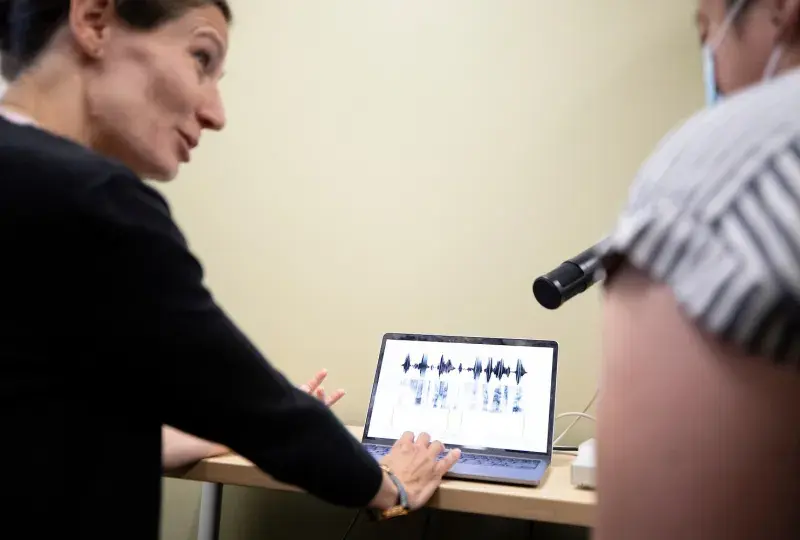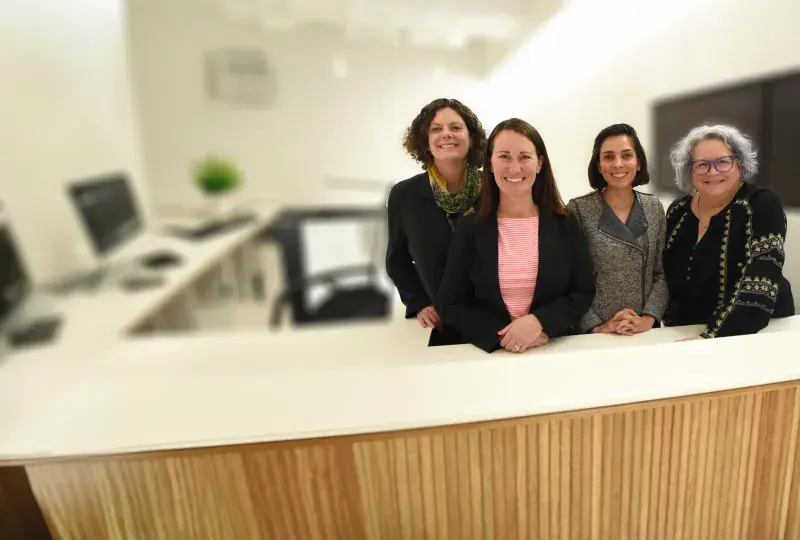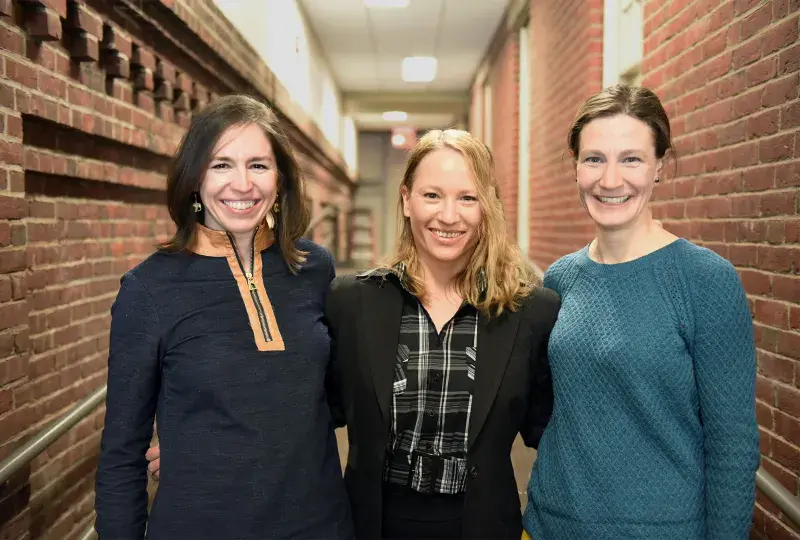
In the Zipse lab, our work broadly addresses cognitive and language abilities after brain injury in adults. In one line of work, we are investigating music-based ingredients used in the treatment of aphasia. This includes examining choral speaking, prosody, and speech timing in people with aphasia and apraxia of speech. In another set of studies, we are investigating longitudinal language and cognitive outcomes after stroke, and evaluating how cognition is assessed in people with aphasia.







